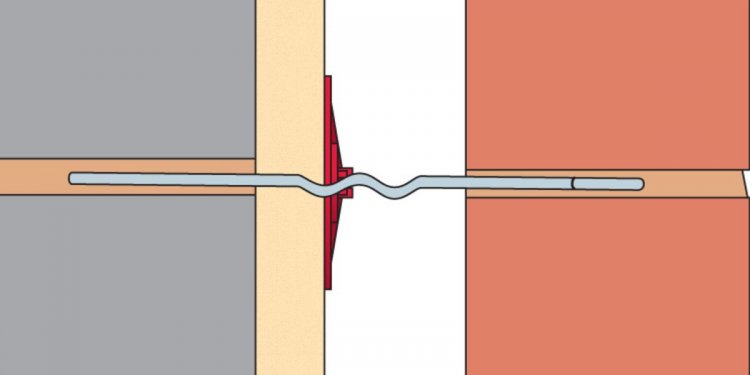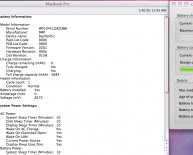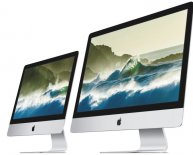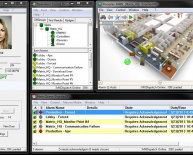
Management control System, Anthony
Summary by James R. Martin, Ph.D., CMA
Professor Emeritus, University of South Florida
The purpose of this paper is to suggest a classification for the various components (topics, species or subsystems) of planning and control systems and to suggest the characteristics of each component. According to Anthony these components or topics include the following:
Management Control: "...the process of assuring that resources are obtained and used effectively and efficiently in the accomplishment of the organization's objectives."
Strategic Planning: "...the process of deciding on changes in the objectives of the organization, in the resources that are to be used in attaining these objectives, and in the policies that are to govern the acquisition and use of these resources."
Technical Control: "...the process of assuring the efficient acquisition and use of resources, with respect to activities for which the optimum relationship between outputs and resources can be approximately determined."
Anthony compares strategic planning and management control in a table reproduced below.
| Category | Strategic Planning | Management Control |
| Person primarily involved | Staff and top management | Line and top management |
| Number of persons | Small | Large |
| Mental activity | Creative; analytical | Administrative; persuasive |
| Variables | Complex; much judgment | Less complex |
| Time period | Tends to be long | Tends to be short |
| Periodicity | Irregular, no set schedule | rhythmic; set timetable |
| Procedures | Unstructured; each problem different | Prescribed procedure, regularly followed |
| Focus | Tends to focus on one aspect at a time | All encompassing |
| Source of information | Relies more on external and future | Relies more on internal and historical |
| Product | Intangible; precedent setting | More tangible; action within precedent |
| Communication problem | Relatively simple | Crucial and difficult |
| Appraisal of soundness | Extremely difficult | Much less difficult |
Anthony defines "managed costs" in making a distinction between management control and technical control. Managed costs involve resources for which an objective decision as to the optimum quantity needed cannot be made, e.g., legal services. (Note: Managed costs are also referred to as discretionary costs in the accounting literature.)
Management control involves the whole organization and includes those parts of the organization where managed costs are significant. Technical control, on the other hand, involves only activities where there are no significant managed costs. Management control covers the whole organization, where technical control relates to subunits, or activities of subunits. Psychological considerations are dominant in management control systems, while logical rules apply to technical control systems. According to Anthony, a technical control system is analogous to a thermostat, while a management control system is highly dependent on the human behavior. Technical control can be programmed based on a set of objective rules. Management control requires subjective judgment. Therefore, failing to make the distinction between management control and technical control can create many problems within an organization. For example, attempts to substitute technical control (e.g., computers) for management control does not work.
__________________________________________________
Related summaries:
Blake, R. R. and J. S. Moulton. 1962. The managerial grid. Advanced Management Office Executive 1(9). (The Grid).
Chenhall, R. H. 2003. Management control system design within its organizational context: Findings from contingency-based research and directions for the future. Accounting, Organizations and Society 28(2-3): 127-168. (Summary).
Chow, C. W., Y. Kato and K. A. Merchant. 1996. The use of organizational controls and their effects on data manipulation and management myopia: A Japan vs. U.S. comparison. Accounting, Organizations and Society 21(2-3): 175-192. (Summary).
Cooper, R. and R. Slagmulder. 2003. Interorganizational costing, Part 1. Cost Management (September/October): 14-21. (Summary).
Cooper, R. and R. Slagmulder. 2003. Interorganizational costing, Part 2. Cost Management (November/December): 12-24. (Summary).

















